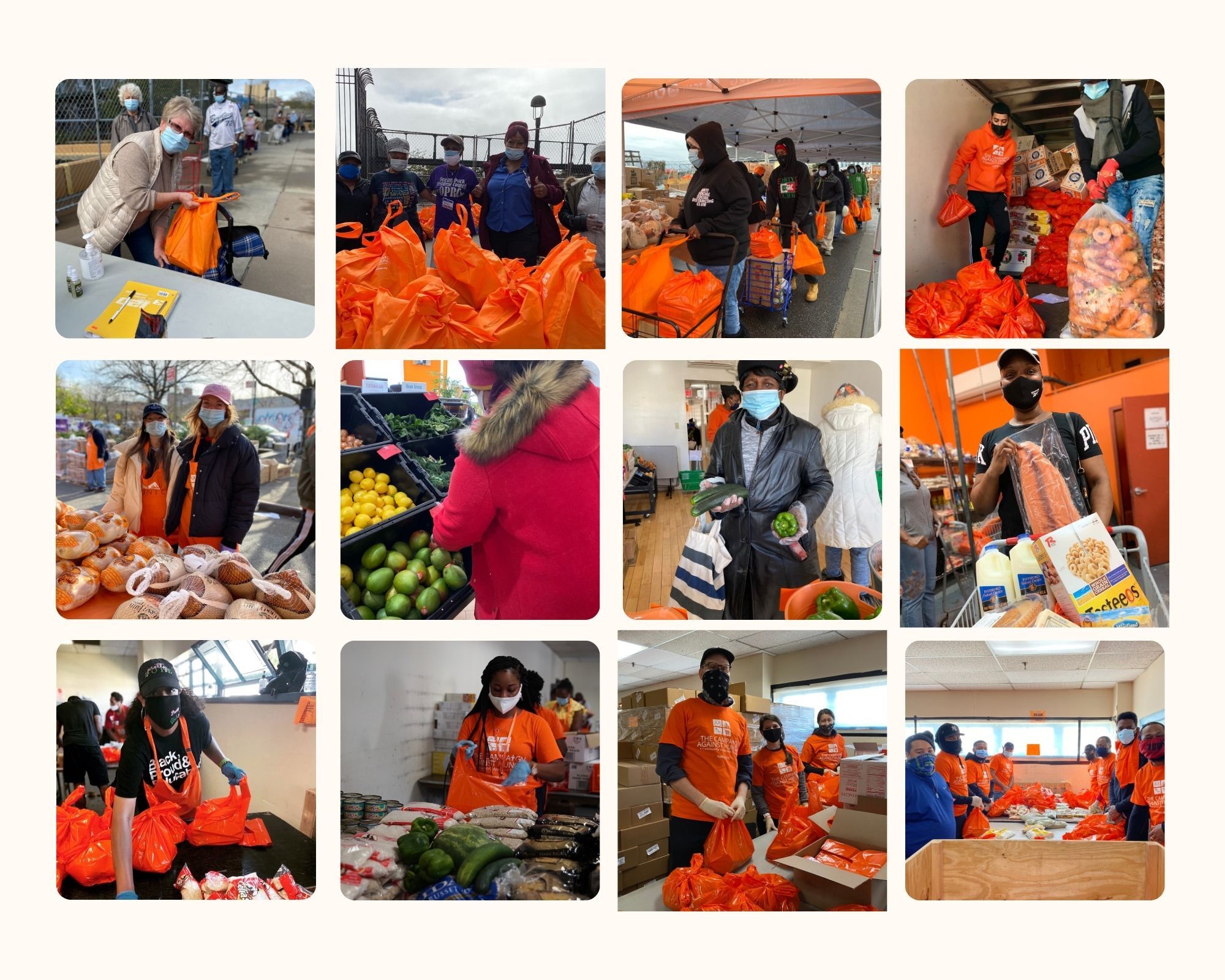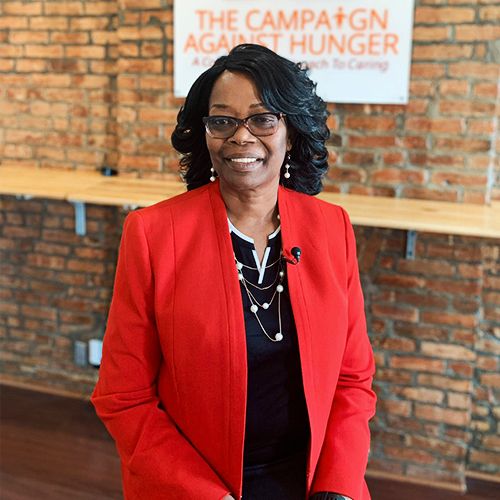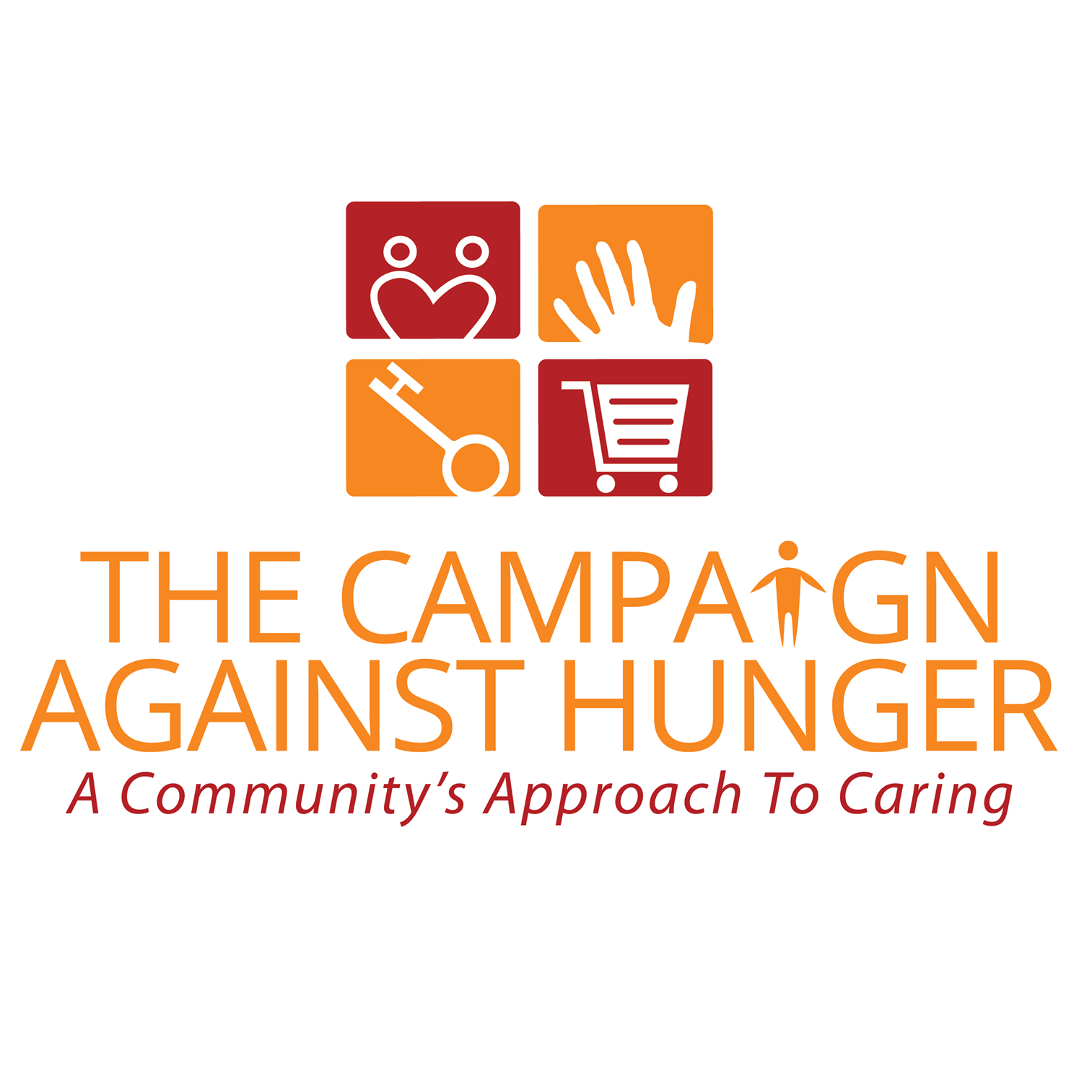Interested in starting your own entrepreneurial journey but unsure what to expect? Then read up on our interview with Dr. Melony Samuels, CEO and founder of The Campaign Against Hunger, located in Brooklyn, NY, USA.
What's your business, and who are your customers?
I am Dr. Melony Samuels, CEO & Founder of The Campaign Against Hunger. The Campaign Against Hunger (TCAH) is a 23-year-old anti-hunger non-profit in New York City whose goal is to empower vulnerable individuals living with food insecurities to live healthier and more productive lives through increased access to healthy food and services.
As an emergency food provider and community social justice organization, we provide a number of agricultural and food-based programs to reduce food inequities and improve the health outcomes of the communities we serve. The communities TCAH serves in NYC are predominately Black and communities of color that are hardest hit by poverty, economic inequality, hunger, and the climate crisis.
My organization has leveraged opportunities in farming to expand healthy food access, empower local disadvantaged youth, and increase the amount of healthy food that flows into food deserts and swamps across NYC. Every week, we currently serve 14,000 families (upwards of 87% are Black, Latino, and Asian) across 32 city council districts. This is a massive undertaking, and rising food costs have burdened our already limited resources. We are doing what we can with what we have. However, communities are consistently calling upon us to bridge the gap to ensure that the families have what they need to navigate the continuing challenges brought on by the economic fallout from the pandemic.
We continue to provide food while offering our communities access to SNAP, free tax preparation, workforce training and development for 100 disadvantaged local youth, fresh locally grown foods through our farmer’s market vehicles and farms, and other critical resources and community support activities.

Tell us about yourself
I became involved in food insecurity by voluntarily donating food to a single-parent family whose cupboards were nearly empty. That one family led to others which stirred my love of helping and my desire to embody the adage, “I am my brother’s keeper.” Soon I was feeding eight families, so I rallied and partnered with like-minded volunteers, and the numbers increased to 350 people being provided weekly.
I needed a dedicated space to store the donated food, so I opened a pantry in a church’s basement, and this ubiquitous need for food – not just any food, but nutritious food became a driving force as I found people in the community leaving healthy food they had received on the sidewalks and embracing food that increased chances of diabetes, obesity, hypertension, etc. I was not discouraged by their actions but rather became excited as I saw the opportunity and envisioned the possibility and impact of teaching disadvantaged families, youth, and elders, not only on how to receive donated food but also how to choose and cook healthy food.
Every day I awake, I am motivated and especially driven when I consider the decades of mistreatment and undue justice towards the BIPOC community. I look for opportunities to bestow “tokens of love” by serving New Yorkers with dignity and offering them programs – especially youth – to help them lead healthier, more productive, and self-sufficient lives.

What's your biggest accomplishment as a business owner?
My biggest accomplishment as a business owner was/is playing a leading role during Covid19. When the pandemic hit, forcing one-third of soup kitchens and pantries to close, The Campaign Against Hunger mobilized as a food security leader and innovator. We changed the emergency food distribution service model by opening two community food distribution centers (approximately 30,000 square feet). Partnering with 250 local groups, including community-based organizations, senior centers, and others, to reach New Yorkers who were going hungry and those who were not accessing the emergency food networks for many reasons. Together, with our resilient team of partners, we have impacted the lives of two million New Yorkers and have distributed a whopping 35 million nutritious meals and counting. Several agencies and emergency food organizations have since adopted this scalable and replicable model to bridge the gap for high-needs communities.
What's one of the hardest things that come with being a business owner?
If I may offer two of the hardest things that come with being a business owner, these are engaging funders and retaining qualified staff.
What are the top tips you'd give to anyone looking to start, run and grow a business today?
1. Ensure that the business you choose is something you really like to do.
2. Survey the community you want to serve.
3. Once the survey is complete, ensure that the needs identified line up with your passion.
Where can people find you and your business?
Website: https://www.tcahnyc.org/
Facebook: https://www.facebook.com/tcahnyc
Instagram: https://www.instagram.com/tcahnyc/
Twitter: https://twitter.com/tcahnyc
LinkedIn: https://www.linkedin.com/in/melony-samuels-a86254173/
If you like what you've read here and have your own story as a solopreneur that you'd like to share, then email community@subkit.com; we'd love to feature your journey on these pages.
Feel inspired to start, run or grow your own subscription business? Check out subkit.com and learn how you can turn "one day" into day one.
